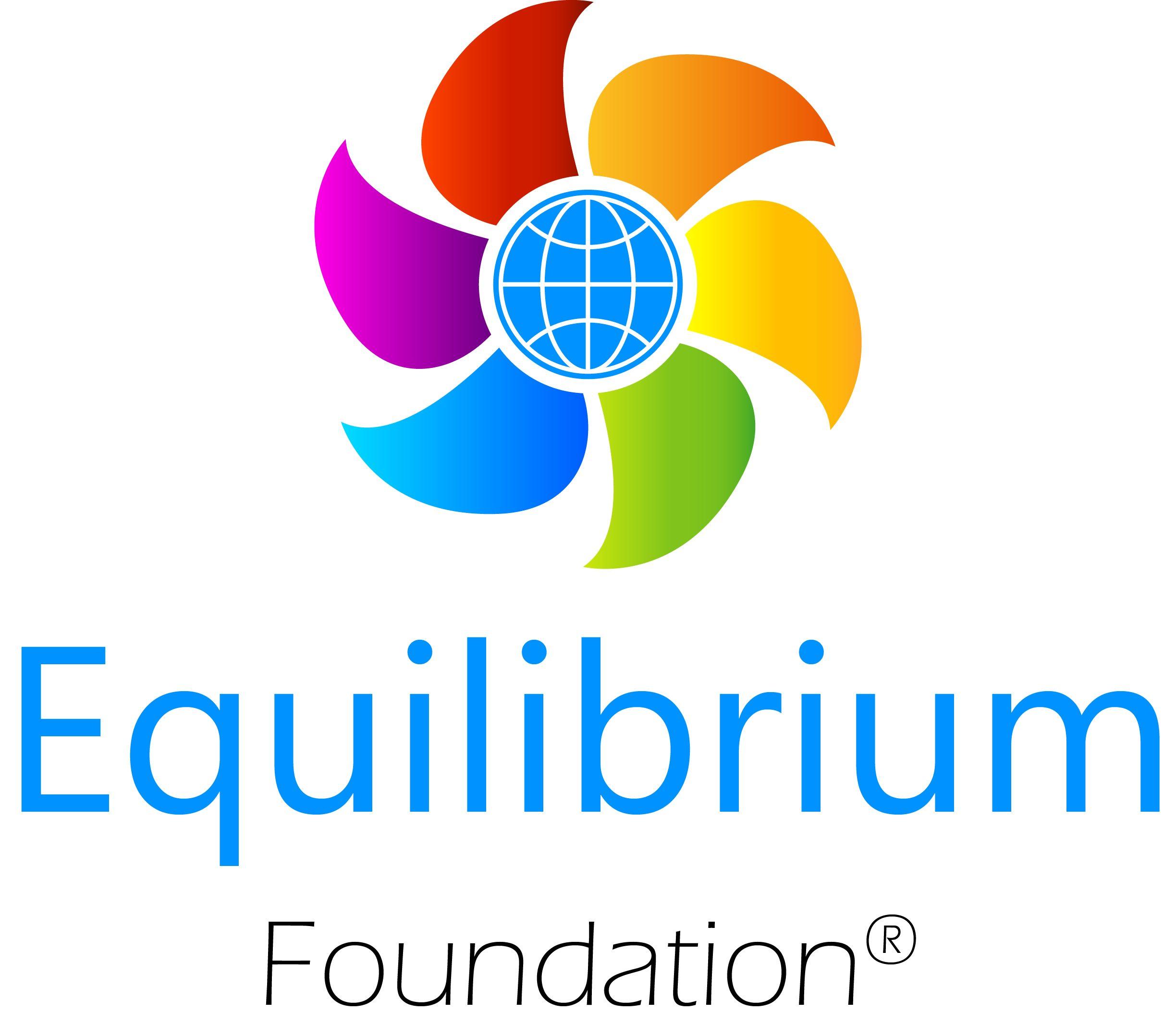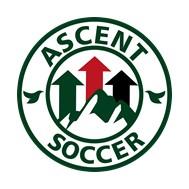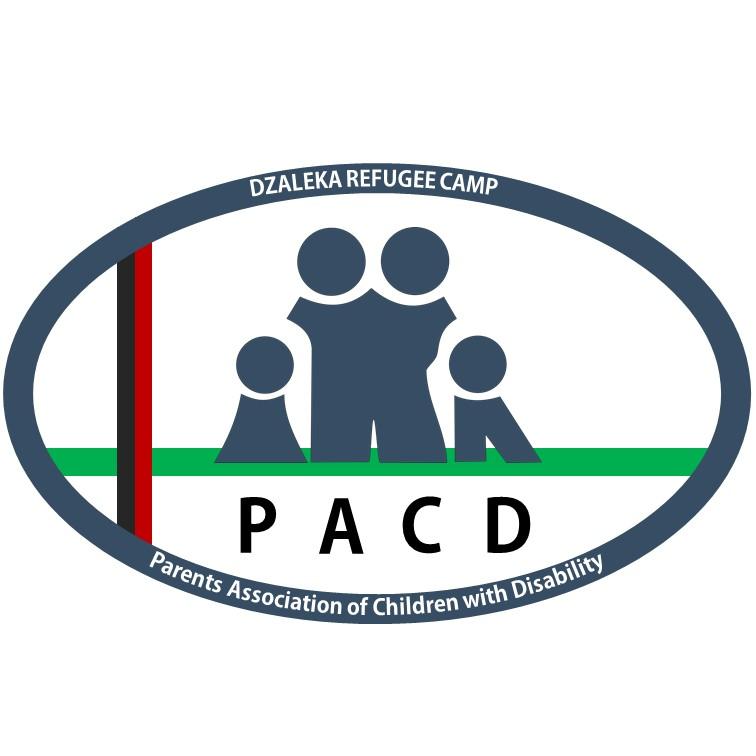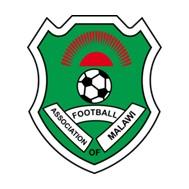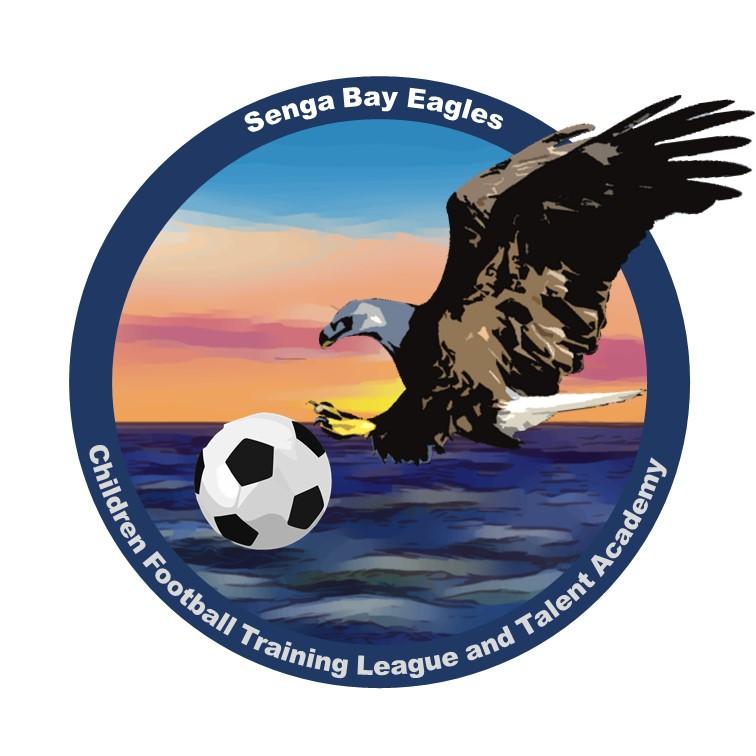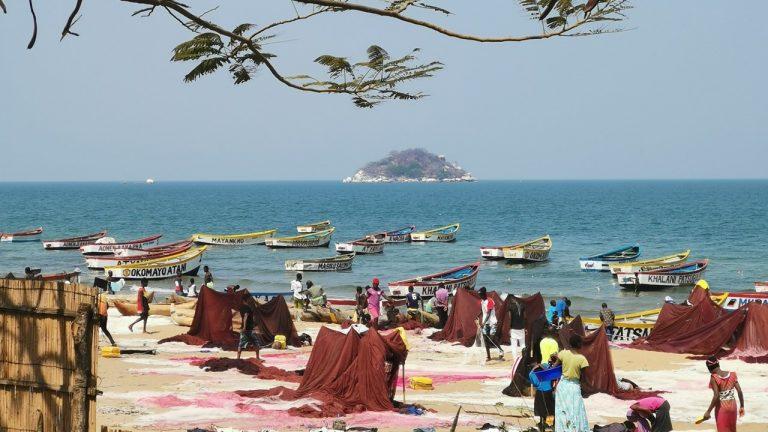
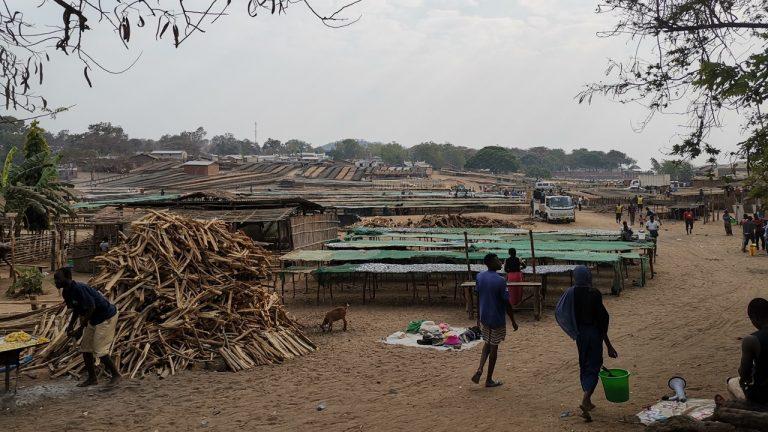
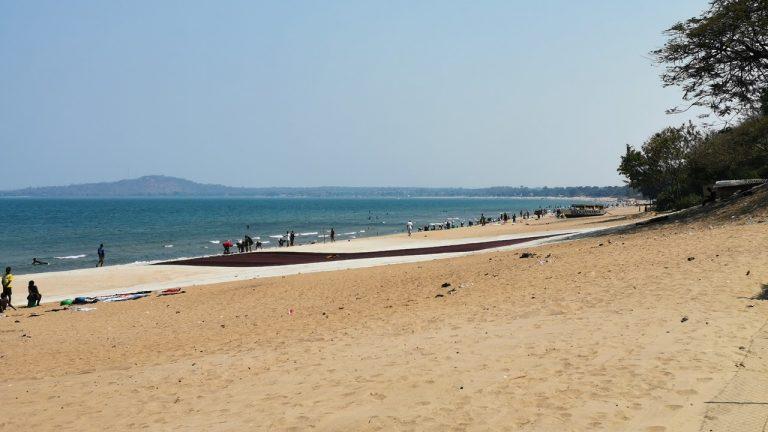
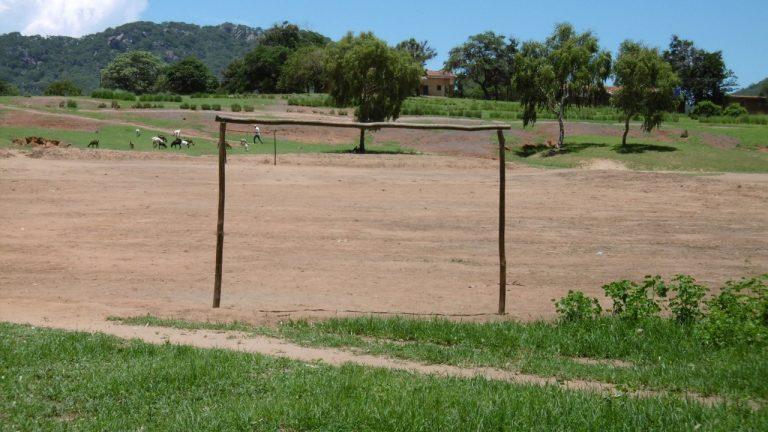
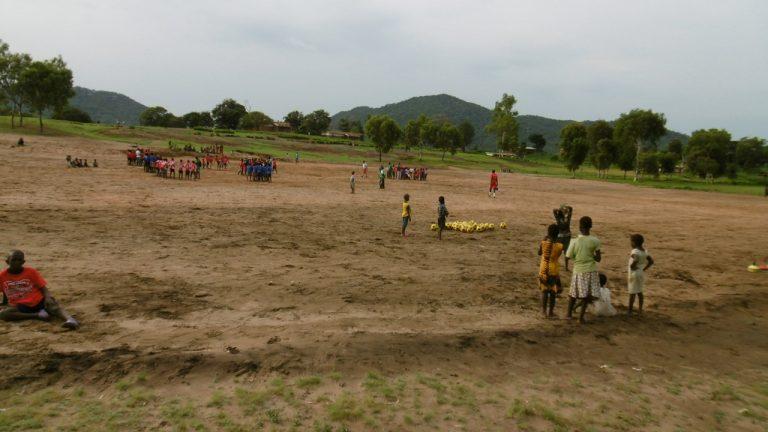
Malawi
The Republic of Malawi is a landlocked country in South East Africa and by regional standards a peaceful, secure and stable country. There is a risk that this stability will be lost: due to a lack of own revenues, efficient administrative structures and qualified personnel, the state is unable to satisfy the basic needs of the population. With a population of around 17.5 million, Malawi is one of the poorest countries in the world and is experiencing rapid population growth, which poses major problems in terms of food security and the provision of social services.
Key socio-economic indicators:
- Life expectancy: 64 years (2018).
- Population growth per year 2.65 % (2019).
- Share of rural population 83 % (2019).
- Per capita income (purchasing power parity): USD 1,143. Rank 185 of 193 countries (2019).
- Distribution of income (Gini): 43.9 = medium. Rank 125 of 159 countries (2016).
- Carbon dioxide emissions per capita (in tonnes): 0.08 (2016).
- Poverty:
- Proportion of people living in extreme poverty: 70 % (2016).
- Proportion of people living below the national poverty line 52 % (2016).
- Proportion of people undernourished 18 % (2017).
- Global Hunger Index (GHI): 23 = serious. Rank 78 of 117 countries (2019).
- Economic Transformation Index (BTI): Rank 101 of 137 countries (2019).
- Human Development Index (HDI): Rank 172 of 189 = low (2018).
Politics
Malawi is a democratic, multi-party government and the current constitution was put into place in 1995. The branches of the government consist of executive, legislative and judicial. The executive includes a president who is both chief of state and head of government, first and second vice presidents and a cabinet. The president and vice president are elected together every five years. The members of the cabinet are appointed by the president and can be from either inside or outside of the legislature.
Education
In 1994, free primary education for all Malawian children was established by the government, and primary education has been compulsory. As a result, attendance rates for all children have improved, with enrolment rates for primary schools up from 58 % in 1992 to 75 % in 2007. Also, the percentage of students who begin standard one and complete standard five has increased from 64 % in 1992 to 86 % in 2006. It shows that the youth literacy had also increased from 68 % in 2000 to 75 % in 2015. This increase is primarily attributed to improved learning materials in schools, better infrastructure and feeding programmes that have been implemented throughout the school system. However, attendance in secondary school falls to approximately 25 %, with attendance rates being slightly higher for males. Dropout rates are higher for girls than boys, attributed to security problems during long walks to school, as girls face a higher prevalence of gender-based violence. In 2015, the literacy rate in Malawi was estimated to be 62 %. The number of primary school children per teacher is 59 (2018).
Healthcare
Healthcare in Malawi and its limited resources are inadequate to fully address factors plaguing the population, including infant mortality and the very high burden of diseases, especially HIV/AIDS, malaria and tuberculosis.
Economy
Malawi is one of the economically least developed countries in the world. The economy is based on agriculture, and more than one-third of GDP and 90 % of export revenues come from this. In the past, the economy has been dependent on substantial economic aid. Over 80 % of the population is engaged in subsistence farming, even though agriculture only contributed to 27 % of GDP in 2013. The services sector accounts for more than half of GDP (54 %), compared to 11 % for manufacturing and 8 % for other industries, including natural uranium mining. The main agricultural products of Malawi include tobacco, sugarcane, cotton, tea, corn, potatoes, sorghum, cattle and goats. The main industries are tobacco, tea and sugar processing, sawmill products, cement and consumer goods.
Our Projects
Football Training Camps
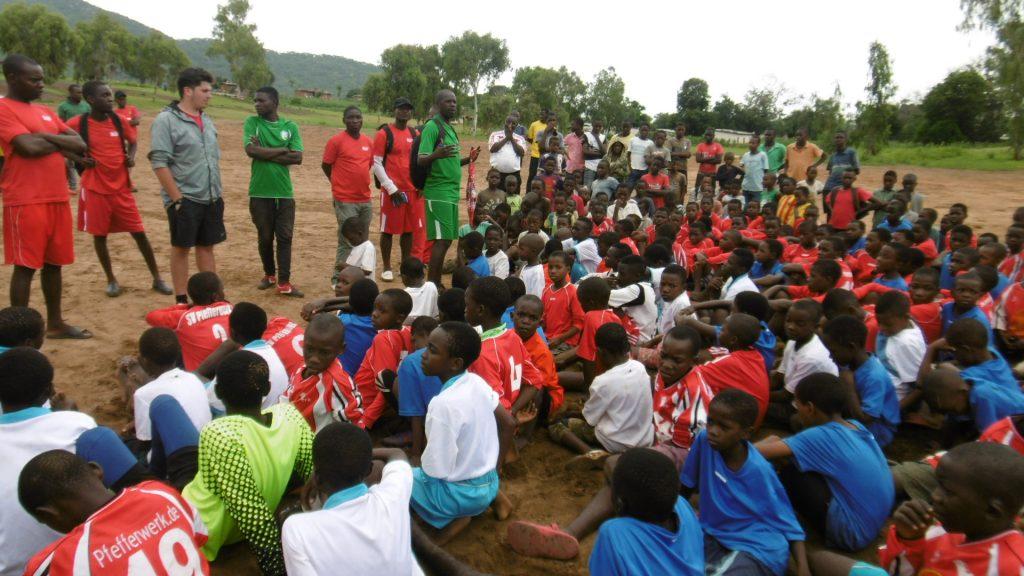
The local children’s soccer training league Senga Bay Eagles has been in existence since 2015. Since 2018, the Equilibrium Foundation has systematically trained local coaches in intensive camps and regularly sent football equipment. The supported coaches are respected role models in the village community and founded 2019 the Senga Bay Talent Academy.
Disability Dealing Skills
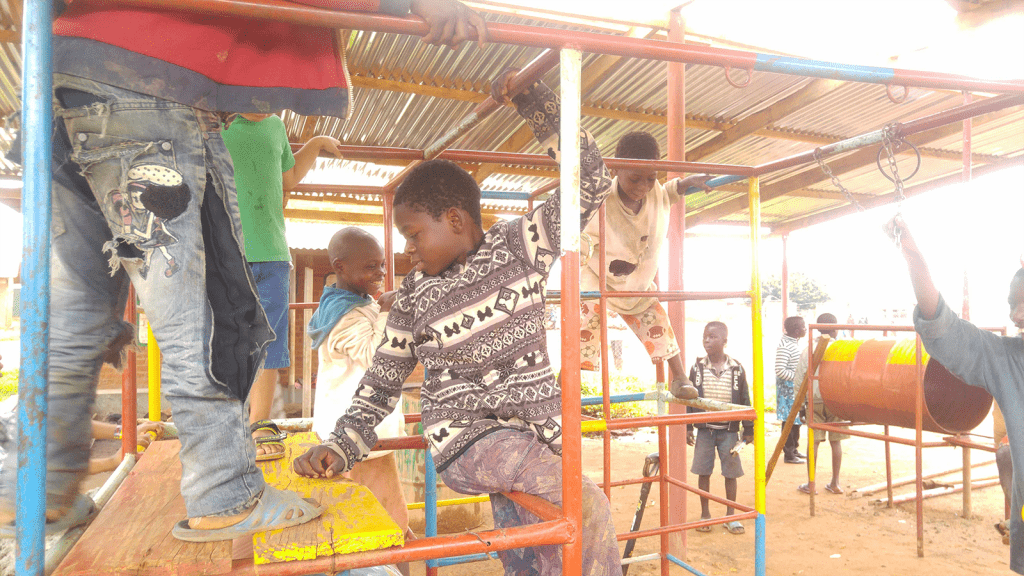
Dzaleka Refugee Camp, Malawi
Results: 24 members of the parents’ association of disabled children of the Dzaleka refugee camp have the necessary skills to supervise and educate disabled children. Implemented 2 training curricula, 2 guidelines and 25 training manuals.
